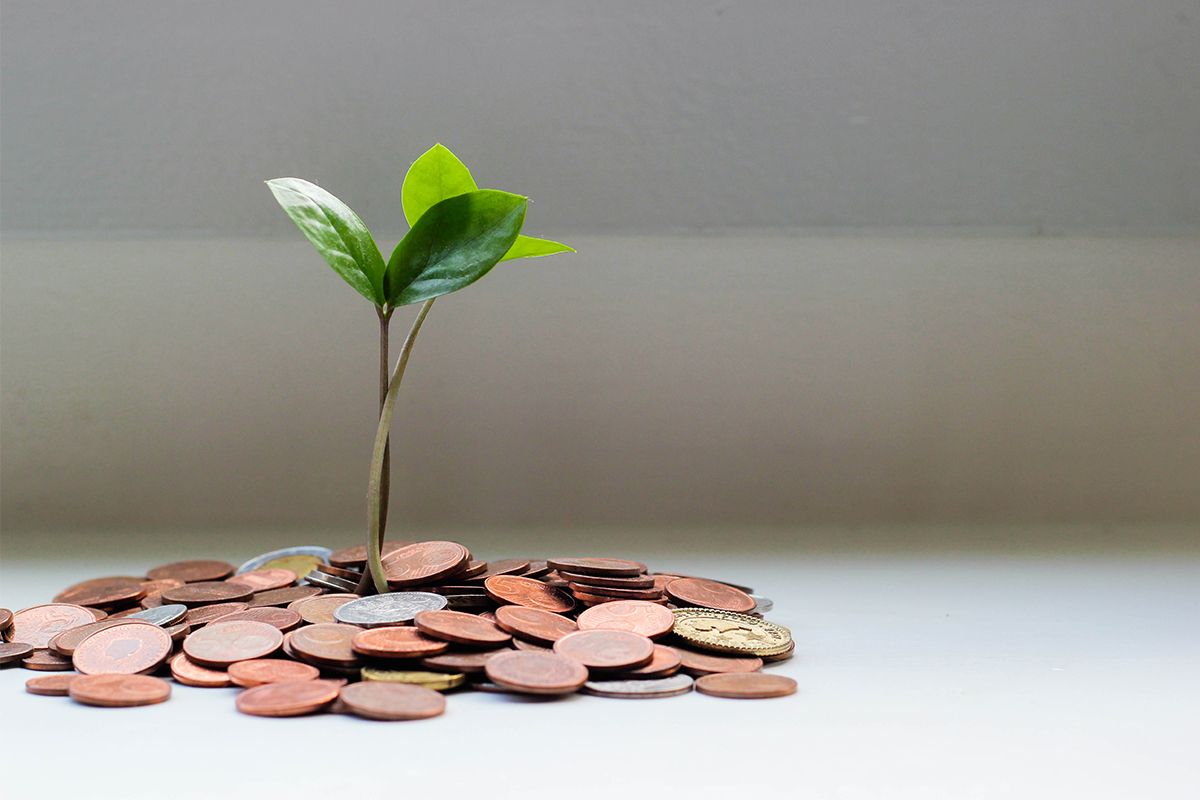In a recent essay for The Atlantic, Arthur Brooks rehashes an age-old debate: Does earning more money make us happier? It sounds like a purely hypothetical query — the sort a bunch of sophomores would dissect over a midnight spliff. But there is legitimate science backing the answer that it actually becomes more difficult to find happiness once our annual income reaches a certain inflection point.
Earlier this year, an economist named Matthew Killingsworth riffed on a popular study from 2010, which found that “experienced well-being” levels out once people start making $75,000 (in that year’s dollars) in yearly salary. His new 2021 study was intended to poke at that research a bit, and deduced that people can discover new levels of well-being, even if they’re making more than $75,000.
Killingsworth’s data checks out. But as Brooks explains, there remains a limit where happiness just runs out of road to play with. Based on the data, that would be around $100,000 in earnings each year.
What does that mean? If you’re making that amount or more, does that automatically mean you’re unhappy? Of course not. It just means it becomes more difficult for you to generate happiness from wealth. The more money you make, the less bearing that money has on erasing your unhappiness. Consider: If you’re hovering near the poverty line, a few hundred dollars probably feels like a windfall. It means food, necessities, rent. Travel up the earnings ladder, and a bit more cash here and there will help people find happiness — it can make it easier to find a job, commute to that job, date someone you like, visit the doctor when you get sick, and so on.
But like most rags-to-riches, Gilded Age tales, if you come to associate your positive feelings only with improving your income bracket, you’ll likely wake up somewhere in middle age, bewildered that you don’t quite like your life. One way forward? Spend your money on things that involve other people. Altruism, community, travel. It works. Or remove money from the equation entirely — look inward and seek out happiness in family, books, hobbies. The renowned positive psychologist Martin Seligman says 90% of your long-term happiness is determined by how you think, not how much money you have or where you live.
This sort of rewiring is antithetical to the American Way, a method of operations that for too long has championed a perverted mission of success: long hours, unused vacation days, college admissions, unpaid internships. But it’s a crucial reminder that our glorification of “rugged individualism” isn’t just depressing — it’s scientifically bankrupt. And if we want to be happy, we can’t afford to go on like this.
Whether you’re looking to get into shape, or just get out of a funk, The Charge has got you covered. Sign up for our new wellness newsletter today.
